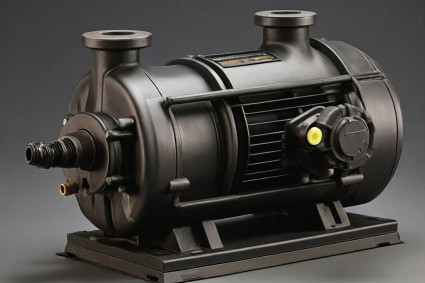The challenge of preparing for the National Eligibility cum Entrance Test (NEET) becomes even tougher when you start from zero level. With proper study planning and constant dedication and the right approach students can succeed on the competitive medical entrance exam. This article presents a detailed step-by-step guide to start NEET preparation from complete zero level.
1. Understand the NEET Exam Pattern and Syllabus
Understanding both the NEET exam format along with its syllabus should be your first step before beginning your preparation. NEET exam lasts for 180 minutes and contains 180 multiple-choice questions distributed across Physics, Chemistry and Biology. NEET questions are solely derived from topics found in Class 11 and Class 12 NCERT books that represent the basic foundation of the NEET syllabus.
Syllabus Breakdown:
Physics: Mechanics, Thermodynamics, Optics, Modern Physics, etc.
Chemistry: Organic Chemistry, Inorganic Chemistry, Physical Chemistry, etc.
Biology: Botany, Zoology, Genetics, Ecology, and Human Physiology, etc.
Knowing the syllabus properly allows you to identify crucial topics so that you can build a systematic study method.
2. Create a Realistic Study Plan
Before you start studying you must determine your study subjects. A complete start from scratch requires both determination along with excellent time management skills for NEET preparation. Developing a real study schedule remains vital because it helps you finish your classes on time without experiencing excessive stress.
To create a study plan you should follow these steps.
A proper breakdown method helps students decompose their syllabus into small workable sections. Devote sufficient study time to each subject based on your capabilities and understanding of each subject.
Set achievable targets for each day and week. The plan will maintain your focus as well as boost your motivation throughout the process.
You should dedicate study periods for subjects based on their difficulty level and how well you understand them. Take time to practice your lessons and to revise what you learned.
It is essential to follow the schedule exactly as planned for every day. Maintaining a regular schedule remains essential and you should still complete some parts of your syllabus even on days when your energy is lower.
Strike a balance between studying and taking breaks because excessive work leads to burnout. Take breaks, get enough sleep, and exercise to keep your mind and body fresh.
3. Study NCERT Textbooks Thoroughly
The NCERT textbooks for Class 11 and Class 12 serve as the most valuable resources when preparing for the NEET examination. The concepts covered in NCERT textbooks serve as the foundation for NEET questions therefore their complete understanding remains essential for success. At the beginning rely only on the information contained in NCERT textbooks for Classes 11 and 12.
Concentrate on understanding the underlying concepts rather than memorizing information when studying.
Create brief notes when you read through the text. This will help in quick revisions later on.
Mark the most vital formulas and definitions and diagrams as well as other essential points with highlights. Your revision becomes more effective when you use this method.
4. Focus on Building Strong Concepts
When starting from the basic level be sure you have a well-established understanding of key concepts particularly in Physics and Chemistry. Mastering fundamental principles in advance will simplify the process of studying advanced materials.
Begin with subjects or topics you are comfortable with, like Biology, to build confidence.
Every concept is connected, and skipping even a small section can lead to difficulties later in the preparation.
Students studying Physics and Chemistry must practice solving numerical problems. You should begin by solving basic numerical problems before progressing to more difficult problems.
5. Practice Regularly with Mock Tests and Sample Papers
Regular practice provides you with one of the best methods to evaluate your progress. You should complete as many NEET mock tests and sample papers as you possibly can. Mock exams and sample papers will help you familiarize yourself with the test structure along with enhancing your time handling abilities and boosting your self-assurance.
Regular mock tests will help you practice solving questions within the stipulated time frame. NEET is a time-bound exam, so practicing under exam conditions will help you manage time better.
Mock tests reveal the subject areas where you require additional practice. Devote additional effort to your weak areas in order to boost your total score.
Use the mock tests as a revision tool to reinforce your knowledge.
6. Revise Effectively Before the Exam
As the exam approaches, revision becomes even more important. Your final preparation period should be dedicated to reviewing every concept you have learned.
Work on your challenging topics first: Devote more time to subjects that prove hard or produce low scores in mock examinations.
Practice past year papers: Solving previous years’ question papers will help you understand the exam’s trend and improve your accuracy.








